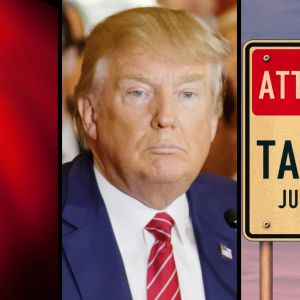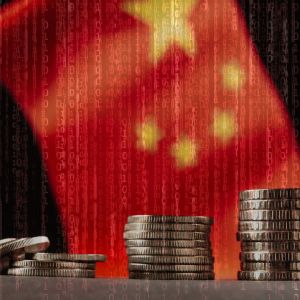China’s currency, the renminbi, has weakened to its lowest level in 16 months, owing to market concerns over potential sharp tariff increases from the incoming Trump administration. The onshore renminbi fell 0.1% on Wednesday to Rmb 7.34 against the US dollar, its weakest since September 2023. According to a Financial Times report , the decline occurred despite the People’s Bank of China (PBoC) maintaining a steady daily fixing rate ahead of Donald Trump’s inauguration. The renminbi’s exchange rate, which is allowed to trade within a 2% band of the PBoC’s daily rate, is now nearing the lower limit of that range. Analysts attribute the selling pressure to fears that proposed tariffs on Chinese goods could push Beijing to weaken its currency further, offsetting the impact on exports. International trades are an imperative component of China’s economic growth, because domestic demand is currently at a low. Market speculation and currency policy The drop in the onshore yuan, which sank below the 7.3 mark to a 14-month low earlier this week, has sparked speculation that the PBoC may adopt a more lenient approach to currency depreciation. Ju Wang, head of greater China foreign exchange and rates strategy at BNP Paribas, noted that the market has been pricing in these concerns since the US election. “ The market doesn’t want to give up, ” Wang said, adding that the central bank appears to be in “wait-and-see mode.” Wee Khoon Chong, a senior markets strategist at BNY Mellon, echoed these sentiments, citing market impatience for more significant movement in the renminbi. The currency’s slide coincides with strong US economic data, which has boosted the dollar and intensified selling pressure on the Chinese currency. Trade war 2.0 fears grow Concerns of a renewed “Trade War 2.0” under Trump have added to the yuan’s downward bias. The US President-elect’s campaign rhetoric echoed higher tariffs on Chinese imports. Markets fear that Beijing may strategically allow the renminbi to weaken to preserve its export competitiveness. These fears have reignited memories of past trade tensions, with both sides employing economic tools to gain leverage. While China’s currency faces pressure, a broader movement among BRICS nations seeks to reduce reliance on the US dollar in global trade. Currently, the dollar dominates approximately 90% of global transactions and accounts for half of all international trade. BRICS leaders argue that de-dollarization is not only a financial risk management strategy but also a way to mitigate exposure to US sanctions. Ray Dalio, CEO of Bridgewater Associates, emphasized the risks associated with holding US dollar-denominated assets. “ Sanctions mean freezing assets like US Treasury bonds. There’s concern among nations about being vulnerable to such measures ,” Dalio said. He added that direct transactions in local currencies could offer an alternative to using the dollar as an intermediary. Trump’s fiery stance on de-dollarization and BRICS When president-elect Donald Trump was campaigning for a return to the White House, has vowed to counter de-dollarization efforts. At a rally in Wisconsin, Trump pledged to maintain the dollar’s status as the world’s reserve currency. “ Many countries are leaving the dollar ,” he said. “ They’re not going to leave the dollar with me. ” Trump also warned that nations abandoning the dollar would face steep penalties , including 100% tariffs on their goods. Much like China, BRICS leading nation Russia is also facing a mountain of economic hurdles, although President Putin’s government is making bold moves to counter inflation. Russia’s central bank held its benchmark interest rate at 21% on Wednesday, defying widespread expectations of another increase to combat soaring inflation . Governor Elvira Nabiullina defended the decision, citing a need to pause after a series of aggressive rate hikes. The decision comes as Russia faces double-digit inflation and a sharp depreciation of the ruble, exacerbated by the economic pressures of its ongoing conflict in Ukraine. President Trump vowed to end the Ukraine-Russia war when he assumes office, much to the dismay of the latter nation. President Putin recently acknowledged the challenges of managing what he termed an “overheating” war economy. Critics within Kremlin-linked circles have expressed dissatisfaction with the central bank’s tight monetary policy, arguing it stifles the country’s economic growth. A Step-By-Step System To Launching Your Web3 Career and Landing High-Paying Crypto Jobs in 90 Days.



















